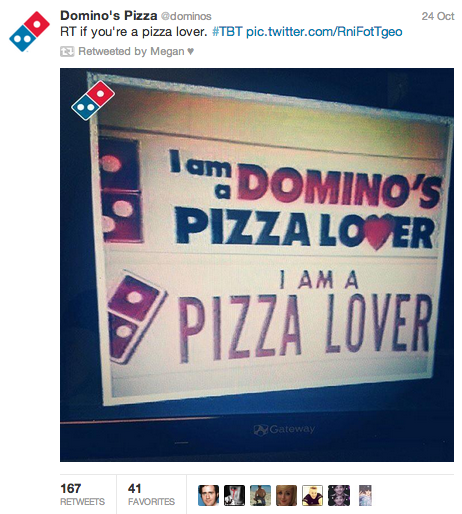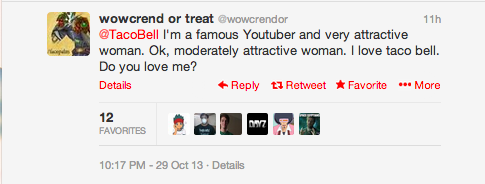Save 50% on a 3-month Digiday+ membership. Ends Dec 5.
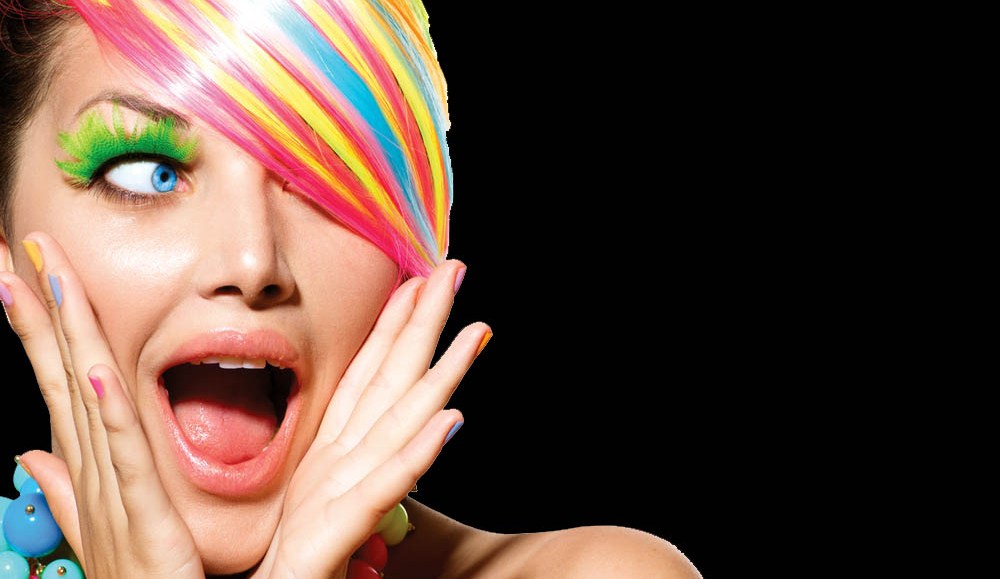
There is a unique species on the loose in social media. Today, we turn our attention to it: The people who answer an Arby’s tweet — or really any brand tweet.
In surveying bad brand tweets, the question that often comes to mind is what motivates this species. To answer the question, Digiday ventured into their natural habitat to observe these brand responders. We sifted through their Twitter footprints, examined their Twitter cohorts and even conversed with those who were not startled by our inquiries. The result is an overview of the seven types of people we were able to identify in the wild who engage with brands on Twitter.
The Sheep
The sheep is the brand social media manager’s favorite. The sheep will do as the sheep is told. “RT if you like Fridays!” Done. “Favorite if you like pizza!” OK! Why do they do as brands say? Well, @VanessaMFan2 said that she interacts with brands and retweets them because “they are awesome. idk.” So there you have it.
The Tween
Children are wonderful, yet they are also known for making bad decisions. Nowadays, kids start using Twitter at an early age. They may not fully grasp what Twitter is or how it should be used, but they make up for that with enthusiasm. They will interact with and retweet just about anyone they think is entertaining or relevant to them — so that means lots of tweets with random chatter about sneakers and hairstyles, and interactions with their favorite celebs and brands — so Miley Cyrus, Justin Bieber and McDonald’s. They often tweet at brands the same way they would at a celeb crush. Just remember the next time you’re tallying your “engagement metrics,” their brains aren’t fully formed yet.
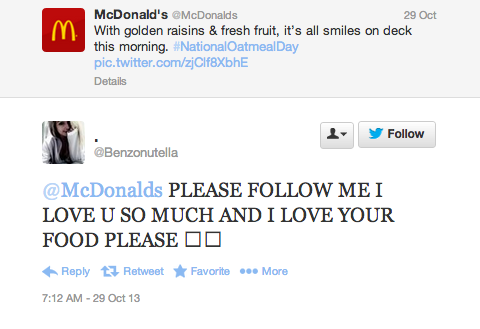

The Bargain Hunter
Nothing is more American than a thirst for discounts and handouts. People will go to alarming lengths for a freebie. They will retweet for a chance to win concert tickets or answer a question for a free large drink with their next order. Don’t count on the bargain hunter for brand loyalty — they will go wherever there are deals and giveaways.
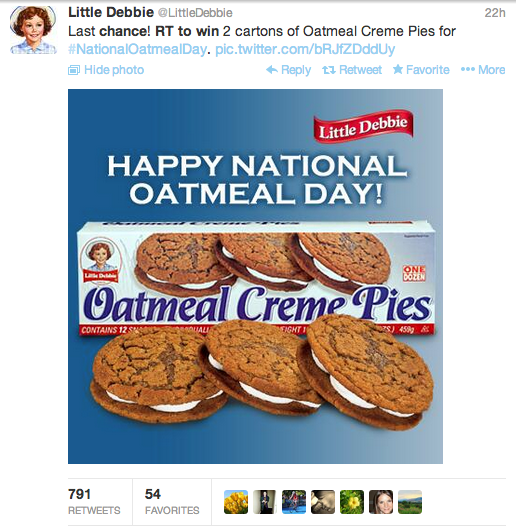
The Product Poet
This person is a brand’s dream come true. For some unknown reason, the Product Poet doesn’t think it’s at all weird to constantly rep brands on Twitter. An avid and enthusiastic consumer of goods, Product Poets feels the need to wax poetic about their favorite laundry detergent or the delicious burger they had for lunch. Their genuine enthusiasm about big corporations’ products is unsettling. Then, of course, there is the actual “Product Poet” (@ProductPoet) who tweets actual poems about brands. Go figure.
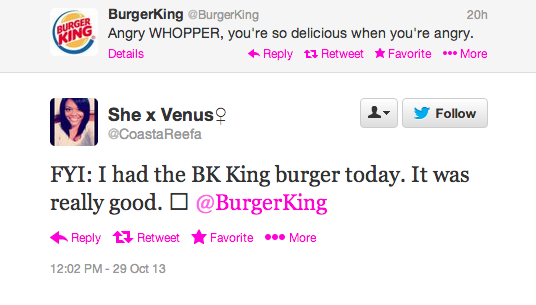
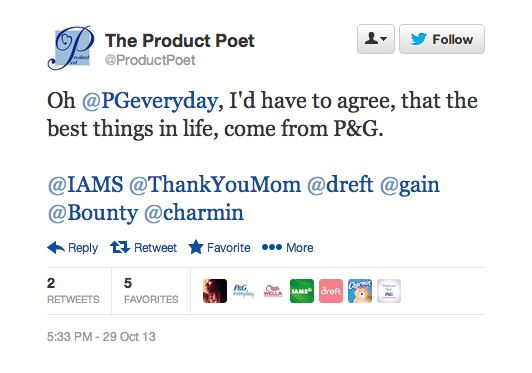
The Complainer
A more aggressive cousin of the bargain hunter, the complainer seeks to get something from a brand from interacting with it. However, the complainer achieves this not by going along with brands’ “retweet for discount” tactics, but rather by attacking the brand. The complainer takes to Twitter to publicly criticize a brand’s product or service in the hopes of getting something out of it, like a free upgrade to a first-class seat or a free dinner.
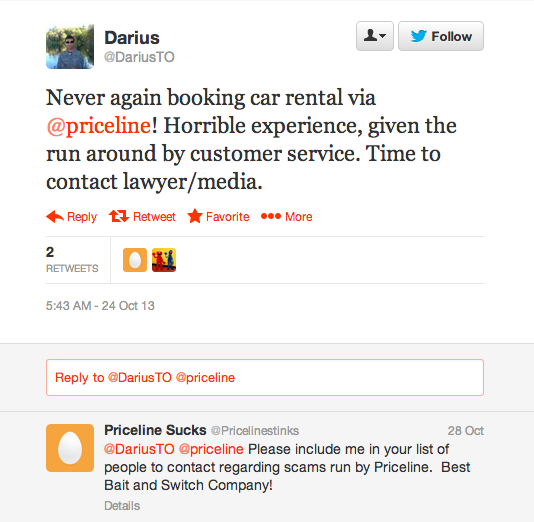
The Social Expert
Let’s face it: Social media can be an echo chamber. The Social Expert is ready to respond or share lame brand tweets or brands’ failed attempts at real-time marketing. (Digiday pleads no contest to all charges.) Brands should be weary of Social Expert. They’re not as important as they think, and, more important, they’re probably not your audience anyway.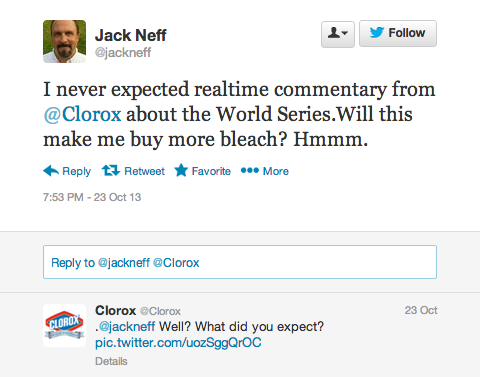
The Trolls of Weird Twitter
Unfortunately, there’s not much brands can do about Weird Twitter and its vast army of trolls and bots. The trolls come from random corners of Twitter, and they regularly tweet random, harassing responses to brand tweets. As Andrew Cunningham, community manager at Huge, put it, “[Trolls are] critical of all brand’s omnipresence yet have the free time available to make a brand’s life a living hell.”
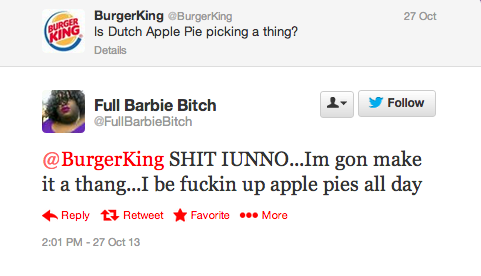
Image via Shutterstock
More in Marketing

Ulta, Best Buy and Adidas dominate AI holiday shopping mentions
The brands that are seeing the biggest boost from this shift in consumer behavior are some of the biggest retailers.

U.K. retailer Boots leads brand efforts to invest in ad creative’s data layer
For media dollars to make an impact, brands need ad creative that actually hits. More CMOs are investing in pre- and post-flight measurement.
Ad position: web_bfu
